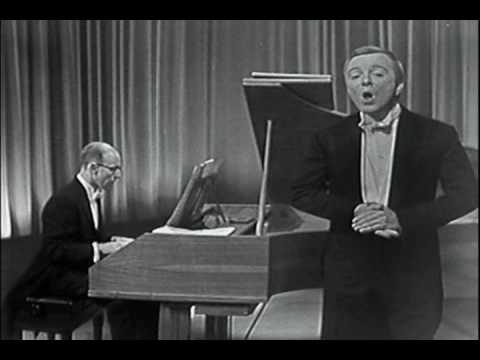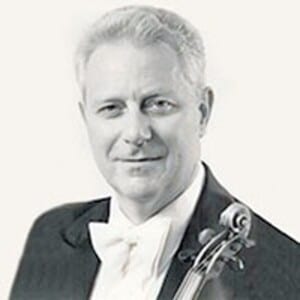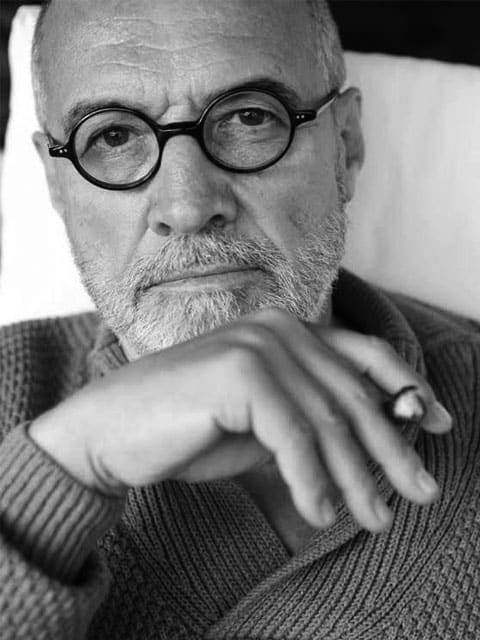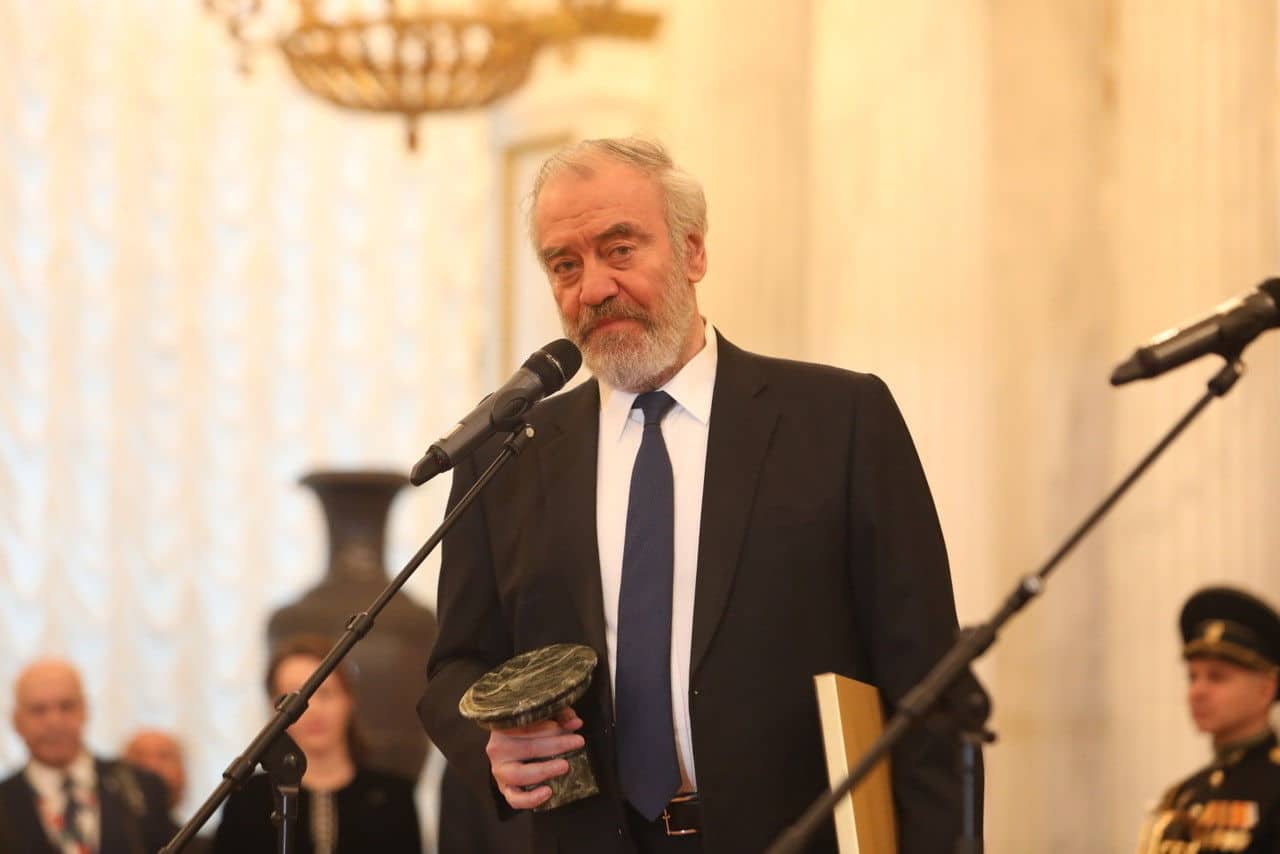Alfred or Russell – who’s your countertenor of choice?
mainYou cannot love both Deller and Oberlin – at least not at the same time. That’s Joel Cohen’s conclusion in this tribute to the first American countertenor, who died this week:

Way back in my student days, his beautiful, otherwordly, almost inhuman voice was co-equivalent in my mind with the early music movement as a whole. This was my sophomore or junior year at Brown, and the Chamber Music series down at the School of Design auditorium was bringing in Noah Greenberg’s New York Pro Musica for a double bill: Flemish Renaissance music on the first half, Spanish Renaissance on the second. Although I had sung Renaissance partsongs in high school choir, and played a few lute transcriptions on my classical guitar, this was my first experience hearing an entire program of early music. By the end of the concert, I knew that performing this stuff was what I wanted to do. A vocation was born.
And that sense of being called had quite a bit to do with Oberlin’s voice that evening. Was it a man’s sound, or a woman’s? It was supported all the way up, without a break, and without resorting to falsetto. Magical, compelling. It was full, with continuous vibrato. Dead accurate as to pitch and rhythm. There was something sexless or androgynous in the timbre, verging on metallic, as though an angel were singing from on high, in some celestial tongue unknown to man. Oberlin’s voice did not make you feel warm and cuddly; rather, it gave you some sort of cosmic, strangely delightful chill.
As I discovered later, listening to his other recordings, across several repertoires, it really did not matter much what language he was singing in, nor what style. If memory serves me, Oberlin made solo recordings of medieval English monodies, of thirteenth century Spanish Cantigas, of English consort songs, of Buxtehude. He sang Oberlin in Britten’s opera of Midsummer Night’s Dream (a career-ending overstretch of his instrument, as rumor had it). Leonard Bernstein hired him and NYPM colleague, tenor Charles Bressler, to sing the “Et misericordia” duet from the Bach Magnificat on network TV. Was he also the Evangelist in a Bernstein TV special about the Bach St. Matthew Passion? I believe so. None of those performances, as I recall, had much in the way of style-specific nuance, or text-inflected phrasing, or localised, in-the-moment emotional commitment. It was, always, about that incredible sound.
Oberlin’s way was my gold standard. Still an undergrad student, I recall meeting an Alfred Deller maven at a Manhattan bohemian party circa 1962. The Dellerite praised his countertenor hero’s nuance, delicacy, and infinite sensitivity to text. I crticised Deller’s falsetto technique, his preciosity, his lack of power and punch compared to the supernal Oberlin. I guess that it was, in a nutshell, a debate between old Europe versus young America. And I suppose we debaters were both right, in our way. But, at the time, I had trouble recognising the legitimacy of my opponent’s viewpoint and musical values. Things change. Now, several lifetimes later, I still listen with pleasure to Deller’s old recordings; only rarely do I choose to hear something with Oberlin.
Yet that first shock of encounter with Oberlin’s artistry remains, and I am grateful for that experience, and for the ensuing vocation that it triggered. I wrote about that moment for a magazine about a decade ago, and, after the article had appeared in print, was surprised to receive a handwritten, carefully calligraphed note from Oberlin in acknowledgement. I’m quite sorry now that we did not communicate further at that point ten years back, and only wish that there was more to this memoir of sound than a final, irrevocable silence. Well, perhaps there is, as we all, each in succession, stumble ascending to Helicon, bearing our humble, imperfect offerings to the Muse.
Amesbury, 11/30/2016





I did have the pleasure of interviewing Russell Oberlin (on the phone from Toronto to New York) in the early ’90,s as part of my research on Glenn Gould’s musical partners. Oberlin recorded Bach’s Cantata no 54 with Gould conducting from the keyboard (a strange modified piano sounding more like an out of tune honky tonk). I recall Oberlin saying that the whole adventure was one of his most cherished musical experiences and that working with Gould was truly memorable.
I’m not crazy about Deller, but I have more than a few favorite falsettists, especially Andreas Scholl and Iestyn Davies … and I also love listening to Russell Oberlin. I see no reason why I can’t enjoy both. I also like listening to David Bowie and Steve Perry. Why do I suddenly have to get tribal and pick sides when it comes to classical voice?
Well, I’m not doing it. I like a good VOICE — be it a falsettist, a nice juicy haute contre, or anyone else who can make a nice noise through their larynx. Maybe this Joel dude can’t love two things at once, but some of us are capable.
In the English choral tradition, Ashley Stafford.
Outside of which, David Daniels.
One who could straddle both disciplines and thus in my opinion the best? Andreas Scholl.
“He sang Oberlin in Britten’s opera”
Actually, he sang Oberon. Silly mistake, sorry.
This Joel dude did not put the contrast quite as starkly as Maître Lebrecht’s Slipped Disc headline suggests. Both artists, Oberlin and Deller, had real qualities and gifts, as I tried to point out in my text. Maybe shades of meaning get lost on the Web…
Alfred will always be the one for me.